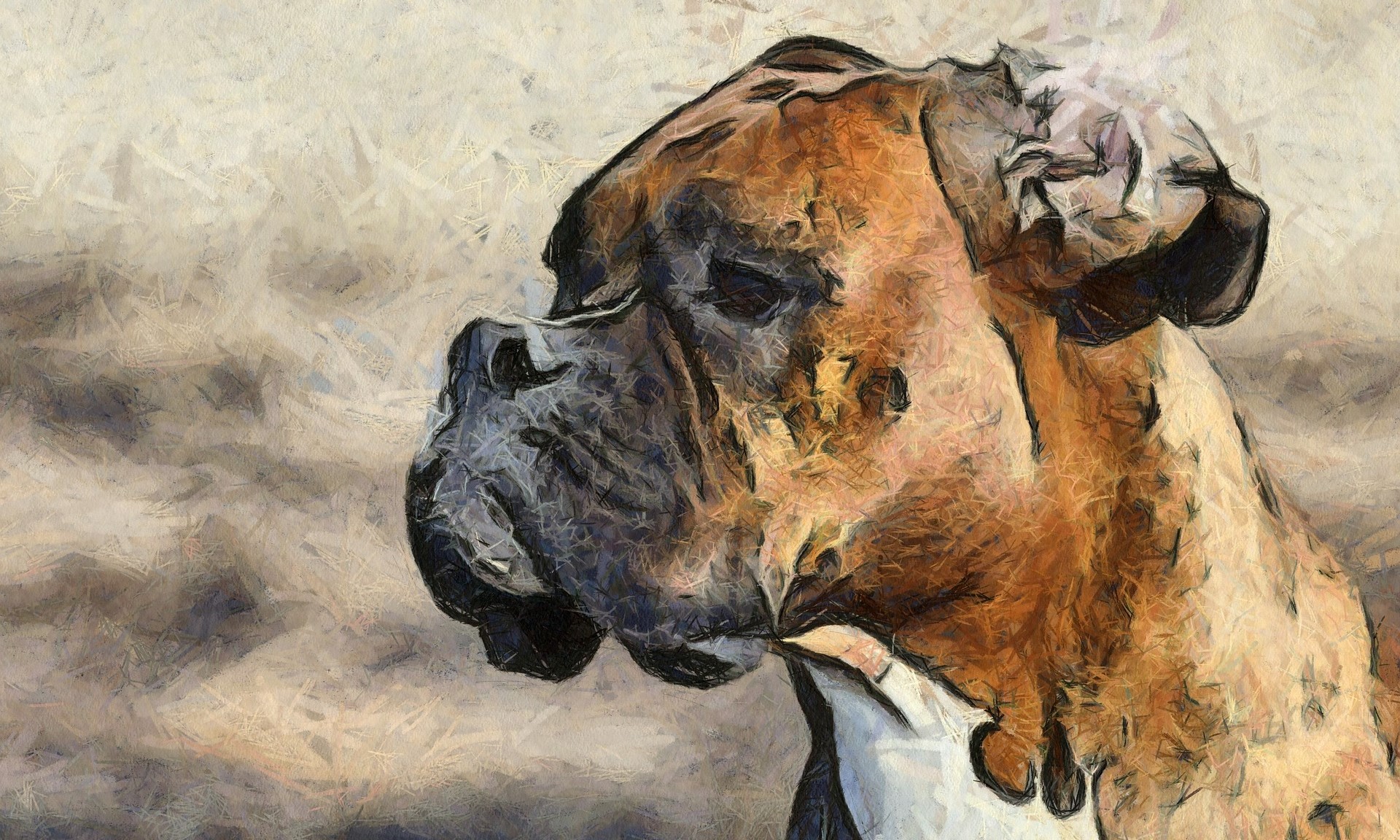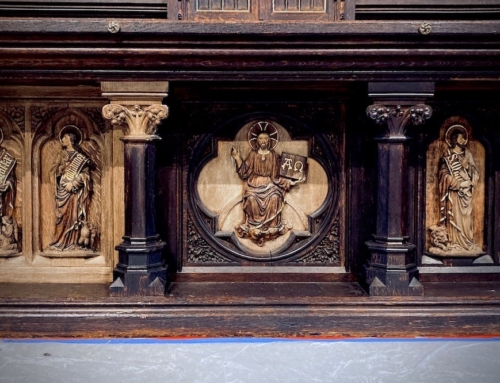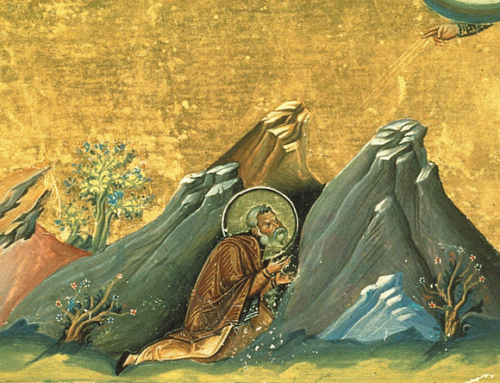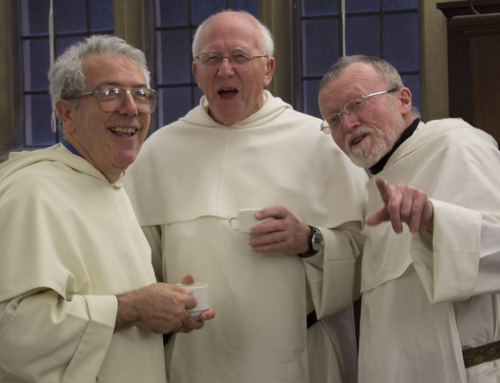The so-called “Wisdom Books” are packed with, well, wisdom. Much of their content is little two-line sayings, or proverbs. They are designed to get you thinking and stick in your mind. Here’s one:
The just man knows the breath of his beast;
The mercies of the wicked are cruel. (Prov 12:10)
These lines are related by what they call “antithetical parallelism.” This is a common way that the Bible (and especially the book of Proverbs) reveals the truth: making contrasts between the way of God and the way of the world, between life and death. Here, we are comparing the mercy of the just one to the bitter cruelty of the wicked.
In the first line, to “know the breath” means “to have regard for the life.” Life means something to the just man. The virtue of justice first of all makes you care for the needs of men and women, but the generosity of a just heart overflows even onto speechless animals. So he is a good master, punishing only when necessary, preferring peace and pleasantness to anger and abuse. It’s hard to imagine a man who is a patient father, a happy friend, and yet takes out his work-stress on the dog.
In the second line, we see the counter-image of the just man: the wicked one who is so unjust that even his mercies are cruel. The word for “mercies” here is rahamim, very close to the word for “womb” (rehem). It is a tender and compassionate word, like the old phrase “bowels of mercy.” But here, it only serves to show just how twisted the wicked man is. Even his deepest, most nurturing tenderness is self-serving and cold. And this icy claw isn’t just in his hand, it is deep within—a hole of cruelty that sucks up even mercy.
So we have our two images, set against each other like day and night. One heart overflows, and another sucks the world dry. The just man has a heart so pro-life that it can’t stop, but flows on, giving what is due to life and beauty wherever it is found. The wicked man, however, turns gladness to gloom wherever he goes.
This proverb isn’t, of course, about animals (nor their “rights”). It is about the hearts of men and women who follow the way of God. But this proverb tells us that a good heart doesn’t cast off animal life as nothing. God gave man and woman kingship over all the creatures on earth—let us rule justly, and wisely, and live in the image of God.
✠
Image: Romuald Gałęcki from Pixabay







